Housing Disrepair Claim
Housing Claim Form
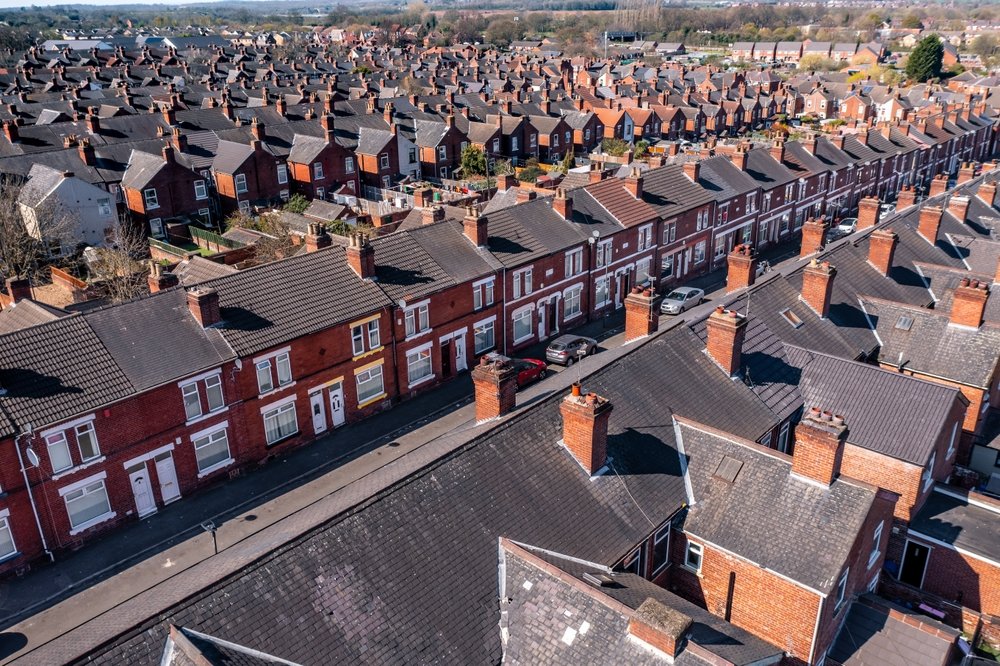
Housing Disrepair Claim:
Real Help And Relief for Council Tenants in Unsafe Homes
Is Your Landlord Ignoring Repairs? You May Be Entitled to Compensation.
If you’re renting a property in the UK and your landlord has failed to fix serious issues – like Damp, Mould, Leaks, Broken Heating, or Pest Infestations you can claim Free Repairs and Compensation worth £1000-£3,700 depends o the seriousness of the damages.
 Common Housing Disrepair Problems We Handle:
Common Housing Disrepair Problems We Handle: Mould and damp on walls or ceilings
Mould and damp on walls or ceilings Leaking pipes, roofs or gutters
Leaking pipes, roofs or gutters Broken boiler or heating system
Broken boiler or heating system Damaged windows, doors, locks
Damaged windows, doors, locks Rats, mice or insect infestations
Rats, mice or insect infestations Electrical issues or fire risks
Electrical issues or fire risks

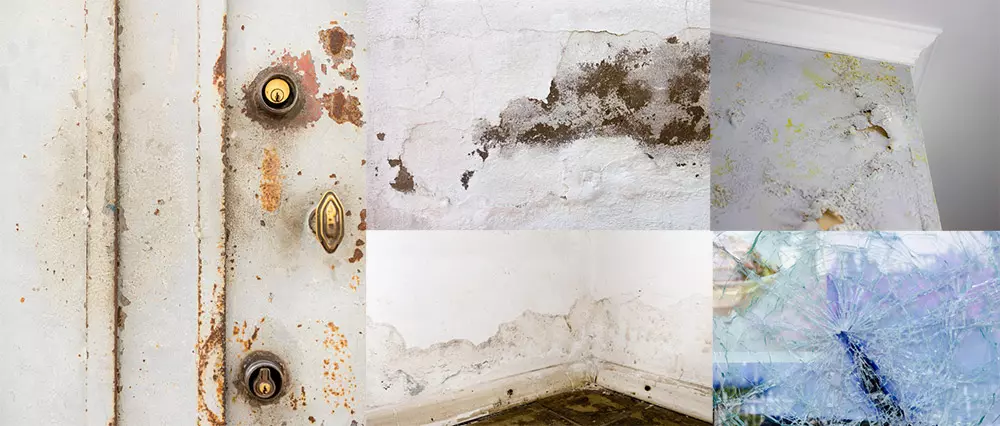
 You Could Be Owed £1,000s in Compensation
You Could Be Owed £1,000s in Compensation
If your home has been in disrepair for more than 3 months and your landlord hasn’t taken action, you could:
- Get the repairs done at no cost
- Receive financial compensation
- Stay in your home while we manage the process
 Who Can Claim?
Who Can Claim?
You may be eligible if:
- You are a council or housing association tenant
- You have reported the issue and landlord didn’t act
- The disrepair has caused health issues or property damage
 Claim in 3 Easy Steps:
Claim in 3 Easy Steps:
- Get a Free Assessment by a Legal Expert
- Fill the Form Below
- Receive Compensation & Repairs
 Don’t Wait – Time Limits Apply
Don’t Wait – Time Limits Apply
Claims are subject to legal time limits. Act now before it’s too late.
 Start Your Claim Now
Start Your Claim Now
 100% No Win, No Fee Service
100% No Win, No Fee Service
You only pay if we win your case. No upfront fees, no risks.
 Your Information is 100% Confidential
Your Information is 100% Confidential
We respect your privacy. Your data will only be used for your claim.
Need Housing Disrepair Team Help for Housing Disrepair Claims?
At Civic Relief , we are a claims management company that specialises in making housing disrepair claims against council and housing association landlords for unresolved issues. If you are facing problems such as damp, mould, leaks, or structural damage, our expert team is here to guide you through the process and help you secure the repairs and compensation you deserve.
If your landlord has failed to address necessary repairs, you may be eligible to make a housing disrepair claim. Our expert housing disrepair team is ready to assist you in seeking compensation.
For consultation, fill out the form .Once you submit the form, one of our expert team members will get in touch to guide you on the next steps.
What is Housing Disrepair?
Housing disrepair refers to a situation where a rented residential property is in a state of poor condition, requiring repairs to be considered safe and suitable for a tenant to live in. In the UK, landlords have a legal obligation to ensure their rented properties are maintained to a reasonable standard and are fit for human habitation.
What constitutes housing disrepair?
Housing disrepair can cover a wide range of issues that affect the safety, health, and comfort of tenants. These issues can include:
- Structural problems: Damaged roofs, walls, foundations, windows, or doors.
- Damp and Mould: Excessive moisture leading to dampness and mould growth, which can cause respiratory problems and negatively impact health.
- Leaks: Leaking roofs, windows, pipes, or plumbing systems causing water damage.
- Heating and Hot Water: Lack of proper heating or hot water, especially during colder months.
- Electrical Hazards: Faulty wiring, sockets, or lighting fixtures that pose a risk of electric shock or fire.
- Sanitation: Issues with drainage, sinks, baths, or toilets that are not in good working order.
- Pest Infestations: Vermin infestations like rats or mice, which can create unhygienic conditions and pose health risks.
- Poor Ventilation: Inadequate ventilation leading to moisture build-up and the potential for damp and mould.
- Unsafe Layout or Condition: Any aspect of the property that poses a risk of physical injury, such as broken stairs, loose floorboards, or trip hazards.
Landlord responsibilities:
Landlords have several legal obligations to ensure their properties are in good repair, primarily under the Landlord and Tenant Act 1985. These responsibilities typically include maintaining the structure and exterior of the property, installations for utilities (water, gas, electricity), and sanitation systems. They are also required to ensure the property is fit for human habitation.
Taking action against housing disrepair
If a tenant reports issues of disrepair to their landlord and the landlord fails to carry out the necessary repairs within a reasonable timeframe, the tenant may have grounds to make a housing disrepair claim. This can lead to the landlord being legally compelled to perform the repairs and potentially pay compensation to the tenant for the inconvenience, distress, health problems, or damaged belongings caused by the disrepair.
It is important for tenants to document any instances of disrepair, including dates of communication with the landlord and evidence such as photos or reports, as highlighted by Citizens Advice. If the landlord remains unresponsive, seeking legal advice or contacting the local authority’s environmental health department may be necessary to resolve the issue.
Housing Disrepair Claims
A housing disrepair claim is a legal action taken by a tenant against their landlord when the rented property is in a state of disrepair that the landlord has failed to address.
Eligibility for a claim
You may be eligible to make a claim for housing disrepair if you are a tenant (private, council, or housing association), have reported the issue to your landlord, and the landlord has failed to address it within a reasonable timeframe.
What can be claimed?
In a successful housing disrepair claim, you can seek several things:
- Order for repairs: The court can compel the landlord to carry out the necessary repairs to bring the property up to standard.
- Compensation: You can claim compensation for the inconvenience, distress, health problems, and damage to belongings caused by the disrepair.
- Legal costs: The court may order the landlord to pay some or all of your legal costs if you win the case.
The process:
- Notify your landlord: You must inform your landlord in writing about the disrepair and give them a reasonable amount of time to fix it, typically 21 days.
- Gather evidence: Collect evidence such as photos or videos of the disrepair, copies of correspondence with your landlord, medical reports (if applicable), receipts for damaged belongings, your tenancy agreement, and any expert reports.
- Get legal advice: Consult with a housing disrepair solicitor who can assess your case, gather evidence, and guide you through the process.
- File a claim: If the landlord remains unresponsive, your solicitor can file a claim on your behalf, which may involve negotiating a settlement or proceeding to court.
- Resolution: The claim can be resolved through an out-of-court settlement or a court order requiring repairs and/or compensation.
No Win, No Fee
Many housing disrepair solicitors offer a “No Win, No Fee” agreement, also known as a Conditional Fee Agreement (CFA), meaning you will not pay upfront legal fees and will only pay if your case is successful. However, a success fee and any insurance premium may be payable from your compensation if your case is won. A referral fee may also be paid to the claims management company by the panel member for a successful introduction.
Time limits
You generally have up to six years to make a claim for housing disrepair, or three years if the case involves personal injury. The time limit typically starts from the date you first notified your landlord about the problem. However, the court has the discretion to waive the time limit in certain circumstances, such as for personal injury claims.
How Civic Relief’s Housing Disrepair team can help
Dealing with housing disrepair can be a stressful and frustrating experience. Civic Relief’s housing disrepair team is here to support tenants facing such issues, guiding them through the legal process to ensure their homes are safe and habitable, and helping them claim compensation.
- The process begins with a free, no-obligation assessment of your situation.
- Civic Relief will discuss the details of the disrepair, when you reported it, and how it has impacted you and your family.
- Based on this information, the team can advise if you are eligible to make a housing disrepair claim, including whether it’s against a council or housing association landlord.
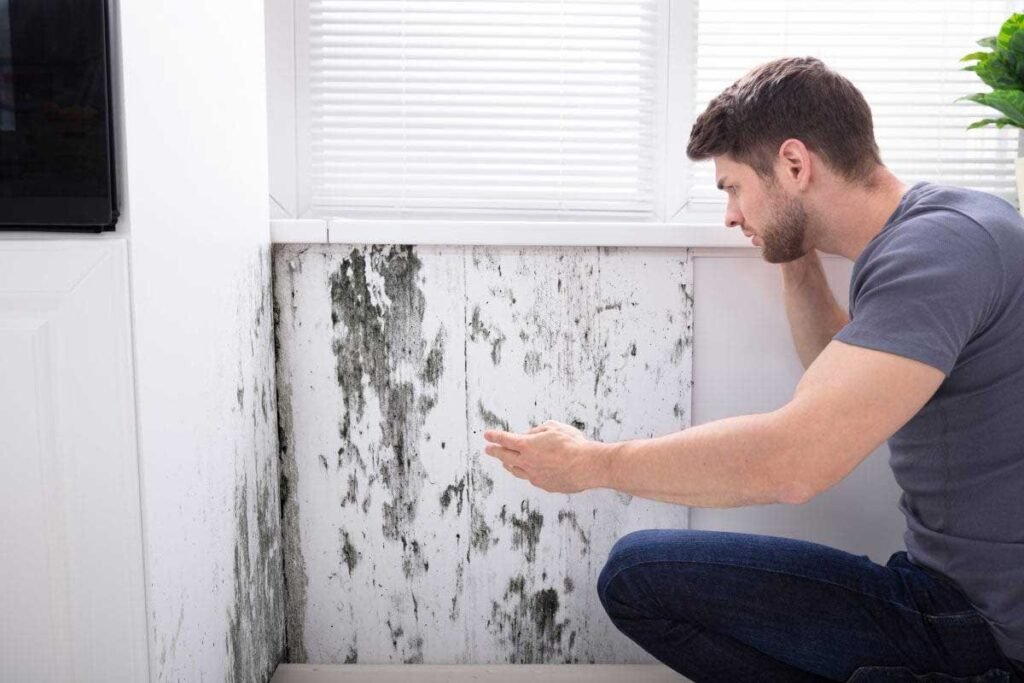
Evidence gathering and documentation
- A strong claim relies on solid evidence. Civic Relief helps clients gather the necessary documentation, including:
- Photos or videos of the disrepair.
- Records of communication with your landlord.
- Medical reports, if the disrepair has affected your health.
- Receipts for damaged belongings or related expenses.
Landlord communication and negotiation
- Civic Relief can handle all communications with your landlord on your behalf.
- They will formally notify your landlord of the disrepair and your intention to claim, adhering to the pre-action protocol.
- The team will attempt to negotiate a resolution with your landlord, aiming for repairs to be carried out and compensation to be paid without the need for court action, if possible.
Taking court action (if necessary)
- If a negotiated settlement cannot be reached, Civic Relief will prepare and issue court proceedings against your landlord.
- The team will represent you in court, ensuring all legal requirements are met and your case is presented effectively.
- The goal is to secure a court order compelling your landlord to perform the necessary repairs and award you compensation for the impact of the disrepair.
Compensation assessment and claim
- The team will assess the value of your claim, considering factors such as the severity of the disrepair, the length of time you’ve had to live with it, the impact on your health and belongings, and any financial losses incurred.
- They will work to maximize your compensation payout, covering general damages (for physical and psychological harm and inconvenience) and special damages (for financial losses).
No Win, No Fee Funding
- Civic Relief’s housing disrepair claims are typically handled on a “No Win, No Fee” basis. This means you won’t pay upfront solicitor fees, only paying a success fee if your claim is successful, deducted from your compensation.
By entrusting your housing disrepair claim to Civic Relief, you benefit from expert legal representation, a supportive approach, and the determination to achieve the best possible outcome for your situation. Civic Relief aims to ensure you get the repairs you need and the compensation you deserve, helping you live in a safe and comfortable home.
Common Housing Disrepair Issues You Can Claim For
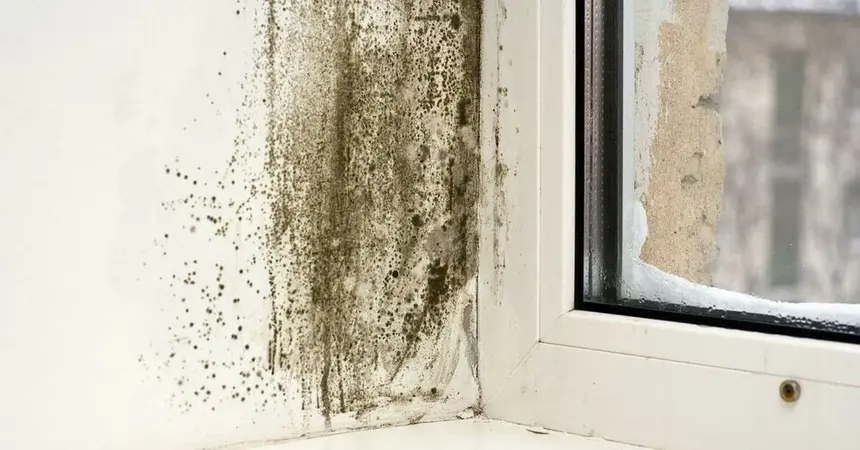
DAMP & MOULD
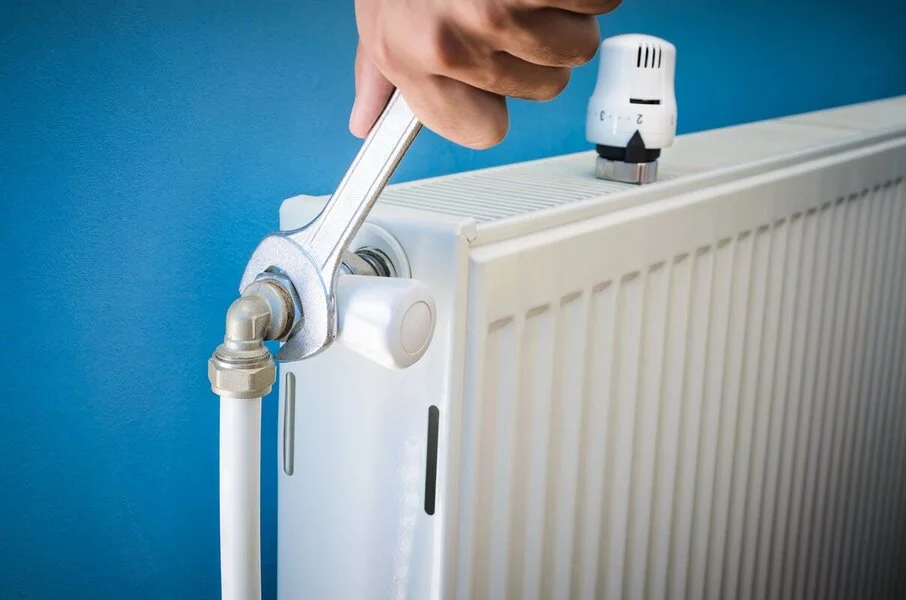
BROKEN HEATING SYSTEM
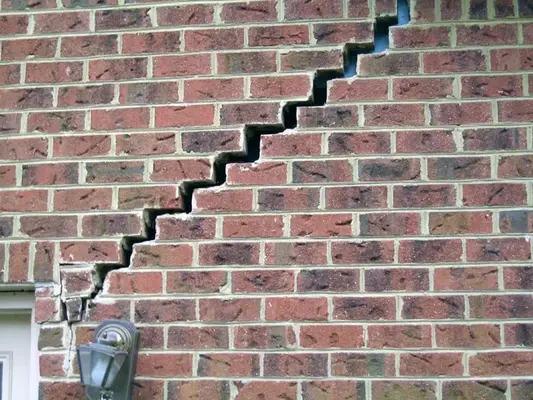
STRUCTURAL DAMAGES
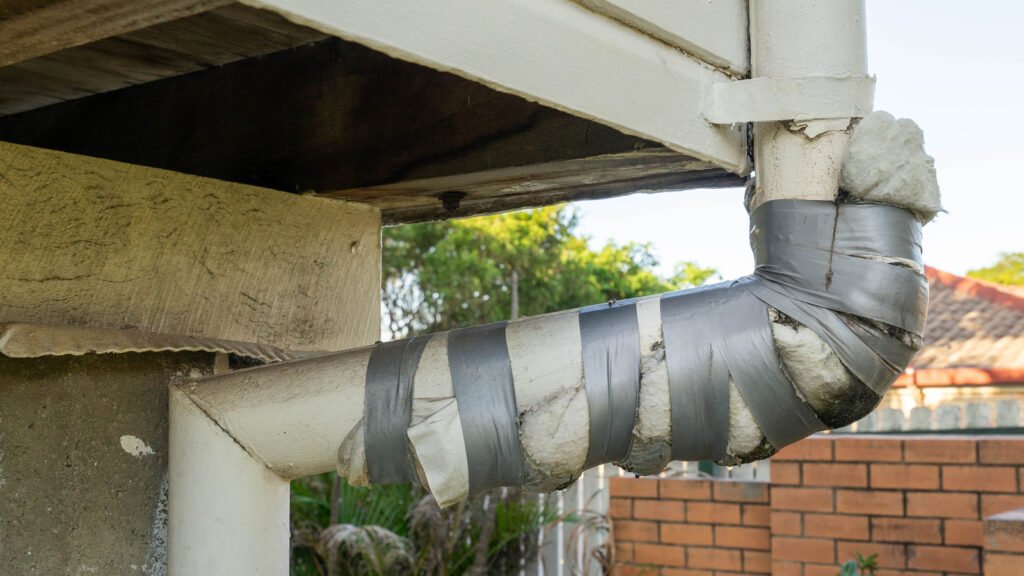
DAMAGES GUTTERS

PEST INFESTATION
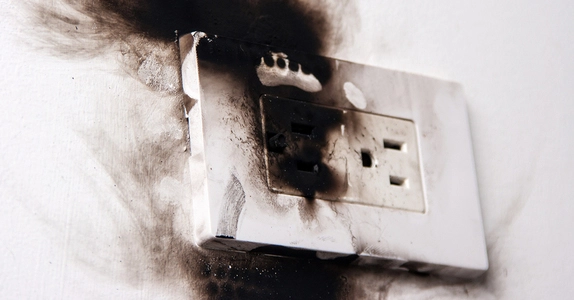
ELECTRIC ISSUES
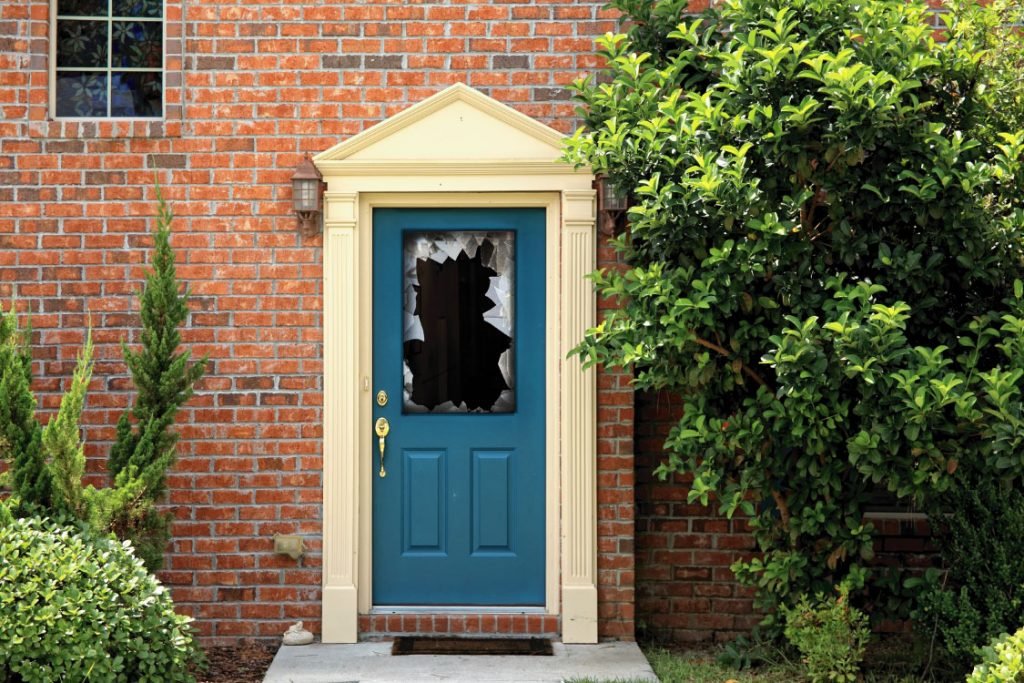
DAMAGED DOORS
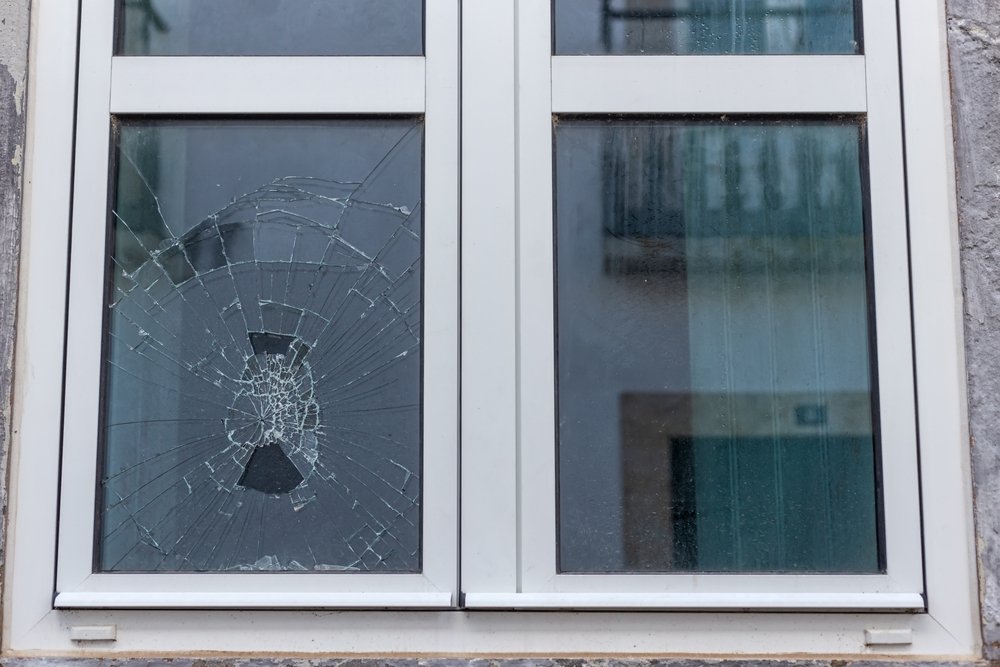
DAMAGED WINDOWS

WATER LEAKAGE
YOU MUST KNOW
What Are Landlord Responsibilities for Housing Disrepair?
As part of their duty to ensure that your property is safe and livable, landlords are always responsible for timely repairs to the following:
- The property’s structure and exterior, such as the roof, walls, and windows
- Sanitary fittings, including baths, sinks, basins, pipes, and drains
- Heating and water systems
- Gas appliances
- Ventilation
- Electrical wiring
Landlords cannot charge you for any of the repairs listed above and are responsible for these repairs regardless of what your tenancy agreement states. However, depending on your tenancy agreement, your landlord may also agree to be responsible for additional repairs. For help, contact our housing disrepair team today OR fill out the form on our site to verify your eligibility for a housing disrepair claim.
When Can You File a Housing Disrepair Claim?
If your rental property has issues that your landlord or housing authority is responsible for fixing, and they did not fix these issues you may be eligible to make a housing disrepair claim. Contact our housing disrepair team experts to make a housing disrepair claim.
To make a housing disrepair claim, you must follow specific procedures based on whether you rent from a private landlord or live in a council property. It’s important to keep records of all communication with your landlord or housing authority regarding the disrepair and any actions taken to address the issue.
You may be entitled to compensation for any damages or losses resulting from the disrepair, such as damage to your belongings or health issues caused by mould. Don’t suffer in silence. Take action against your landlord today and claim your housing disrepair compensation.
